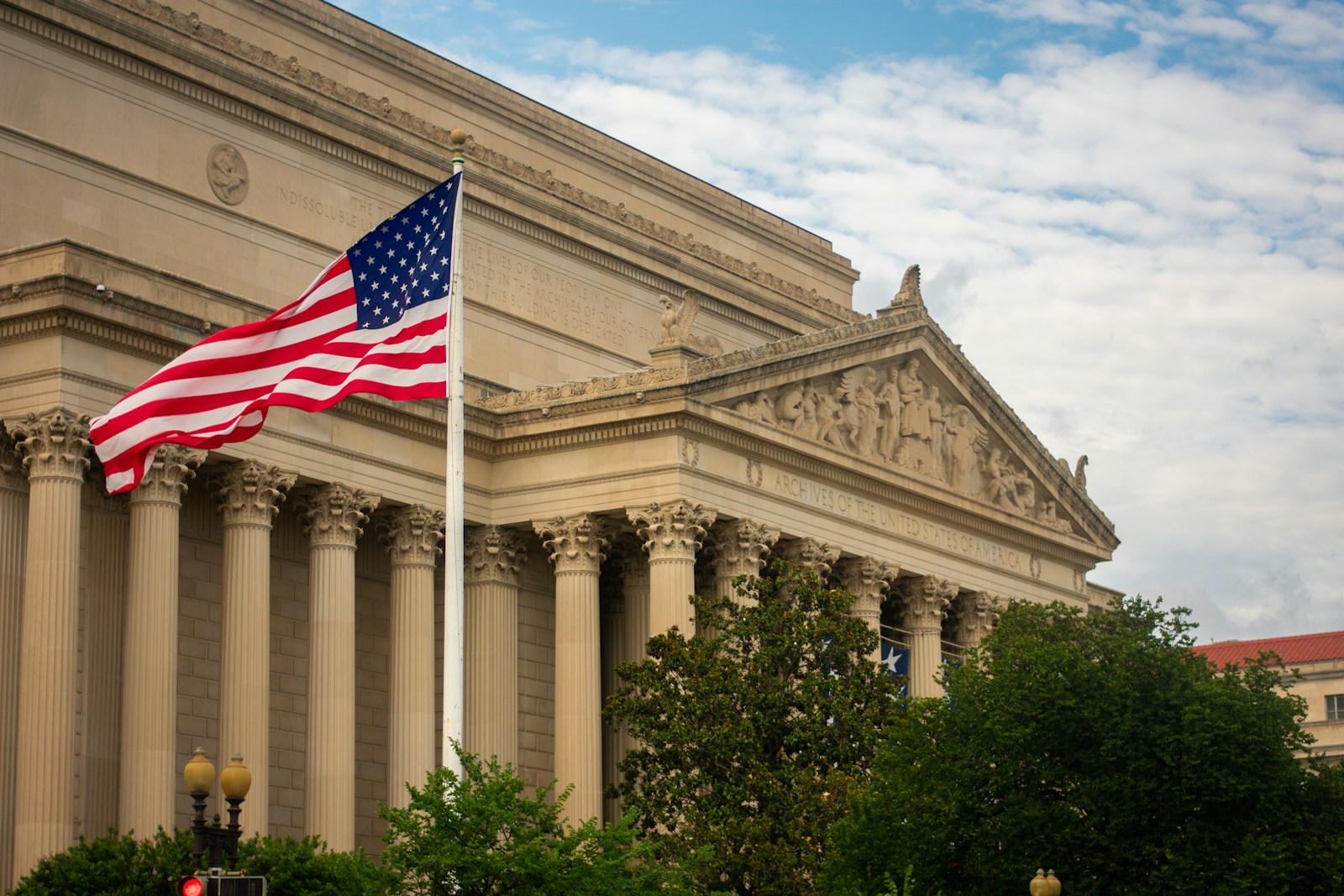Key Takeaways
• The Supreme Court will weigh in on Trump’s power to set tariffs alone.
• Learning Resources says the president overstepped without Congress.
• President Trump warns a loss could leave the U.S. “defenseless.”
• The ruling could reshape future use of emergency powers.
On Wednesday, justices will hear arguments in Learning Resources, Inc. v. Trump. The case asks whether the president can impose steep trade barriers under the 1977 Emergency Powers Act without Congress. A small educational toy maker says these Trump tariffs hurt its business. Meanwhile, the Trump team insists the tariffs protect America’s economy and security.
Why Trump Tariffs Matter
Trump tariffs have driven up costs on imports from countries like China. Supporters say these fees forced trading partners to negotiate fairer deals. Critics point out that higher prices can hit U.S. consumers and small companies. At stake is more than a single business fight. The court could decide if any president may use emergency powers to reshape trade.
The Emergency Powers Act and the Dispute
After an energy crisis in the 1970s, lawmakers passed the Emergency Powers Act. It lets the president act quickly during national emergencies. President Trump labeled unfair trade practices an emergency. Without a new law or vote in Congress, he imposed large tariffs on goods worth billions. Learning Resources argues this move breaks the Constitution’s rule that only Congress can make major financial laws.
Trump’s “Life or Death” Warning
President Trump took to his own social platform to sound the alarm. He said that striking down his authority would leave the U.S. “virtually defenseless” against other nations. He also claimed that these Trump tariffs helped push the stock market to all-time highs. His team argues that losing the case could undercut both economic and national security.
What’s at Stake for Small Businesses
Small firms like Learning Resources worry that sudden tariff changes can force them to raise prices. When they do, local families often pay more for goods. Some companies may even close or move overseas. If the Supreme Court limits those presidential powers, future presidents would need new laws to impose big tariffs. On the flip side, if the court backs the president, it could unlock broad new powers for future leaders.
How the Justices Might Decide
Justices will ask tough questions about the balance of power in Washington. They may focus on:
• Whether Congress clearly allowed emergency tariffs in the 1977 law.
• The risks of letting one person decide vast economic policies alone.
• How past presidents used or avoided emergency powers.
The court’s decision will likely hinge on how broadly justices read the law. A narrow reading would curb presidential reach. A broad reading could let future presidents act without seeking Congress’s approval.
Potential Outcomes and Impact
If the court strikes down the tariffs, the Biden or a future administration could still impose similar fees. They might use other trade laws that require hearings or votes. However, these processes take longer and might face more political hurdles. On the other hand, a court win for Trump’s team could encourage presidents to rely on emergency powers for a wide range of policies.
For consumers, ending the tariffs might lower prices on certain imports. For domestic producers, lifting those trade barriers could mean tougher competition. Lawmakers in both parties will watch closely. They may push for clearer rules on when and how presidents can use emergency powers.
A Turning Point for Presidential Authority
Beyond trade, the ruling could shape how presidents handle crises. Emergency powers have been cited in areas like national security, immigration, and public health. If the court sets a tight limit now, it could constrain bold actions in future emergencies. Conversely, an open door to emergency powers might shift more lawmaking from Congress to the Oval Office.
What Happens Next
Oral arguments will last one day, but the justices will take months to decide. Observers expect a ruling by next spring. Until then, the tariffs remain in effect. Companies must plan as if the fees will stay. But they also watch for clues in the justices’ questions and statements. Those hints often reveal which side may prevail.
FAQs
How does the Emergency Powers Act work?
It allows the president to take quick action during a declared national emergency. Congress must later approve or reject that declaration.
Why did Trump call the case “life or death”?
He argued that losing would leave the United States vulnerable to unfair trade practices by other nations.
Could future presidents use the same powers?
Yes. A ruling in favor of Trump’s authority would set a legal precedent for future administrations.
What happens if the court rejects the tariffs?
The administration might use other trade laws to reimpose fees. That process would involve more steps and public hearings.
